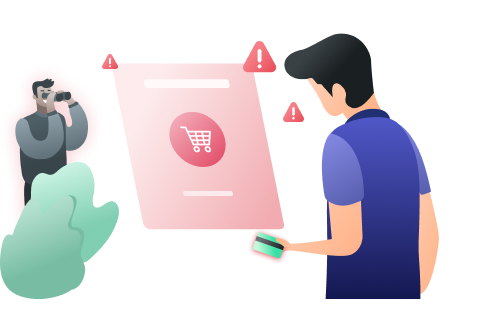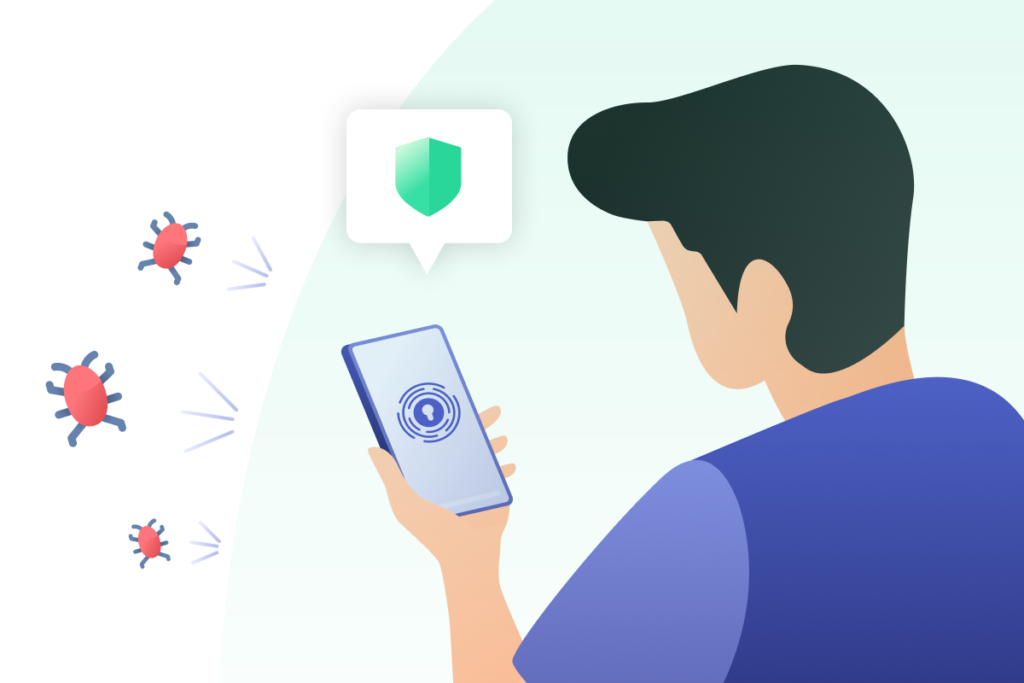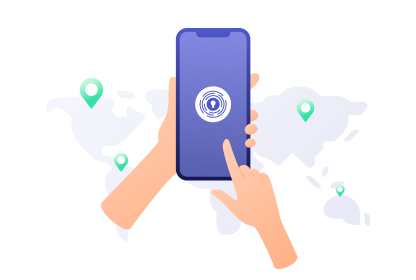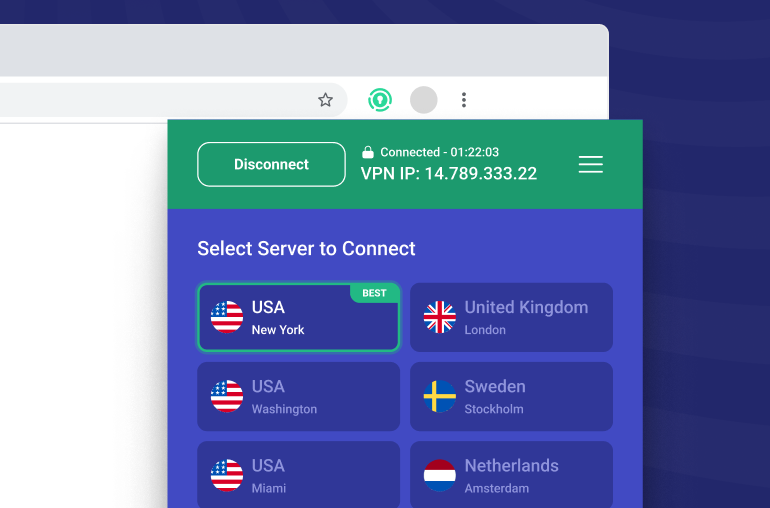If you use your phone regularly, you likely keep private information on it like photos, videos, or documents. Protecting your personal data is more important than ever before, especially on your mobile device. Cybercriminals and threat actors are always searching for ways to access and exploit personal information. If you’re an Android user, you probably want to protect your data from more than cybercriminals. Chances are, you’ve likely asked yourself, “can Androids get viruses?”
Ensuring that you protect your personal Android device from potential threats can be challenging. Take a look below as we explore whether Androids can get viruses, how it occurs, and how to prevent them.
Can Androids Get Viruses?
Most devices that have the ability to connect to the Internet are at risk for infection if they aren’t protected. One of the most common fears that mobile users have is accidentally getting a virus on their phones. When most users refer to “viruses,” they are referring to any malicious code threatening the security of their device. However, viruses are a specific type of aggressive malware. Viruses are classified by their tendency to replicate themselves and add their code to the operating systems of other programs.
In many cases, getting a virus on a phone isn’t likely. However, getting hit with a malware attack is much more possible. This is especially true for users who own Android phones, tablets, or devices that are not fully protected. Dealing with a case of malware can cause serious and long-lasting damage for many users, depending on the type. Regardless of the kind of infection, it’s important to protect your Android device against viruses, DDoS attacks, and more.

Does My Android Have a Virus?
Determining if your Android has a virus, malware, ransomware, or another form of malicious code can be tricky. If you aren’t sure what to look for, it is difficult to know if your Android has an infection. To find out whether your Android has a virus, there are certain behaviors to look for on your device.
Signs that Your Android Phone has a Virus
- Your phone lags.
- Your battery drains quickly.
- Apps load slowly or crash often.
- There are apps on your phone that you didn’t download.
- You receive notices of high data usage.
- Pop-up ads appear more frequently.
- Your cellphone bill is higher than normal.
You can also check for viruses or malicious software on your device by running a virus scan. There are a variety of Android-compatible antivirus products on the market. This process can help determine if your phone has an infection and give you a chance to plan the next steps.

Most Common Viruses on Android Phones
Although virus infections are rare, they do occur. It is possible for your Android phone to come into contact with a virus over an unprotected network. These destructive and malicious pieces of code can have a potentially devastating effect on your device if left unchecked. Some of the most common types of viruses that impact Android users include the following types of malware.
- Ransomware: Any malware that prevents a user from accessing their device until they pay the individual(s) responsible for the attack. These payments are often made through an untraceable platform like Bitcoin.
- Adware: Also known as advertising-supported software, adware generates constant ads that populate browsers and desktops to get clicks from users. These pop-up ads are often recurring and intrusive.
- Spyware: This malicious software is designed to gather personal data about users, without consent or knowledge, and forward it to third-parties. This also refers to software created to monitor data exclusively for commercial reasons.
- Trojan Horses: One of the most common varieties of malware, a trojan horse is downloaded to a system disguised as legitimate software.
- Worms: This form of virus is a dangerous and self-replicating program that doesn’t require human assistance to spread through a network.
Now that you know the cybersecurity threats to watch out for, you’re likely wondering how you can protect yourself. Being diligent about monitoring your online activity is a great way to ensure that your Android is safe. But what are the other methods of protecting your personal device?

How Can I Protect My Android from Viruses?
Utilizing a VPN in conjunction with antivirus software can eradicate existing threats and help you prevent them in the future. There are many different antivirus solutions on the market with unique benefits based on your needs. However, when it comes to protecting the privacy of your Android phone, you need a VPN.
VPNs allow you to encrypt your online activity, giving you more robust security options. If you value your privacy and want to increase your security, you should consider purchasing a VPN.
Privacy and Security for Android with PrivadoVPN
Your Android device deserves reliable, consistent protection. When you need to increase the privacy on your Android or any of your personal devices, you need PrivadoVPN. PrivadoVPN gives you access to better privacy, hundreds of global servers, SOCKS5 proxy integration, and more. With multi-device protection and IP leak prevention, taking back control of your privacy has never been easier with PrivadoVPN.
Download PrivadoVPN
Protect your privacy with a world-class VPN. Sign up for premium access to PrivadoVPN and get unlimited monthly data, access to 300+ servers from around the world, and up to 10 simultaneous connections. Get a top-rated VPN that can secure your privacy at home, at work, or on the go.
Sign up for PrivadoVPN today!




